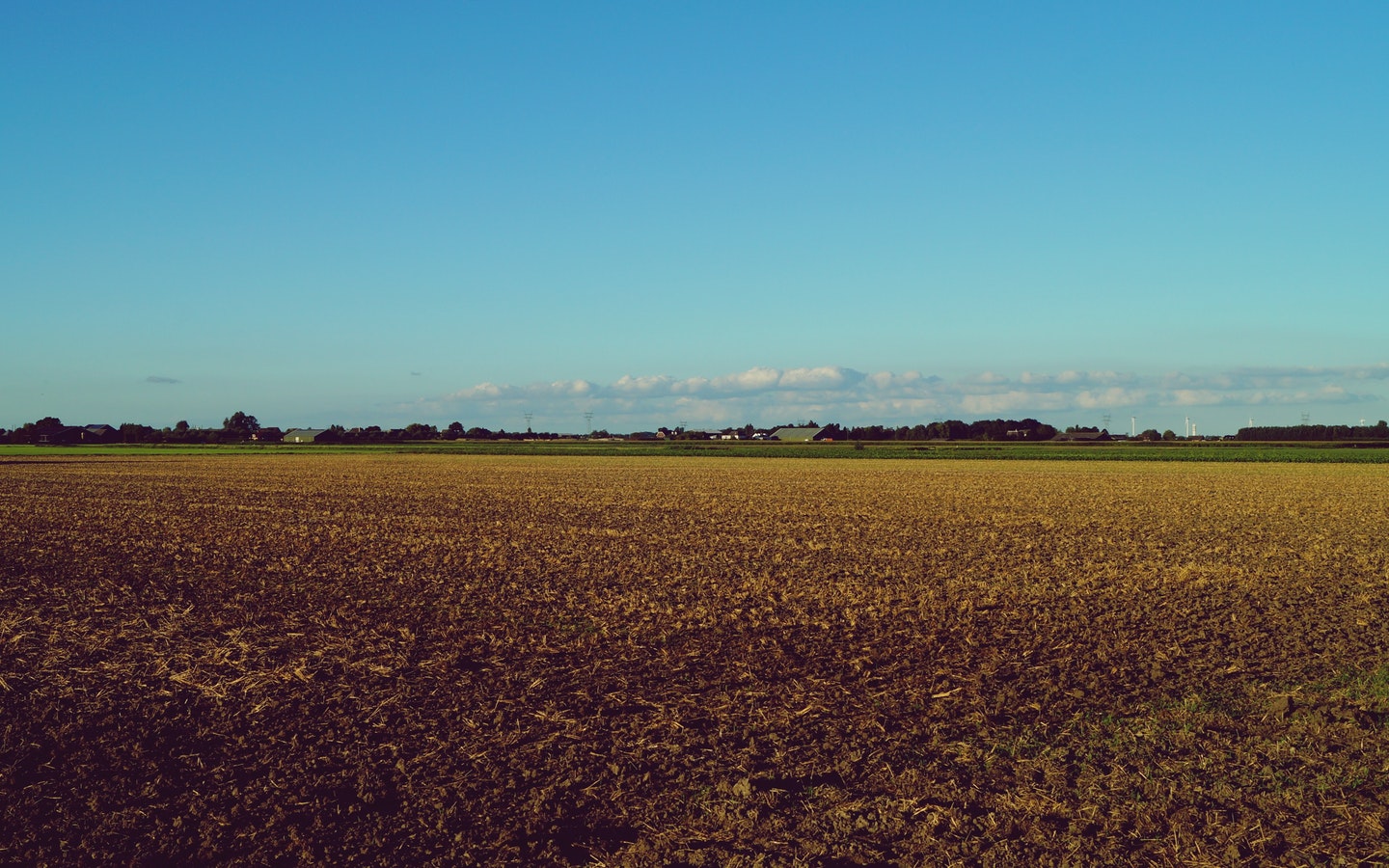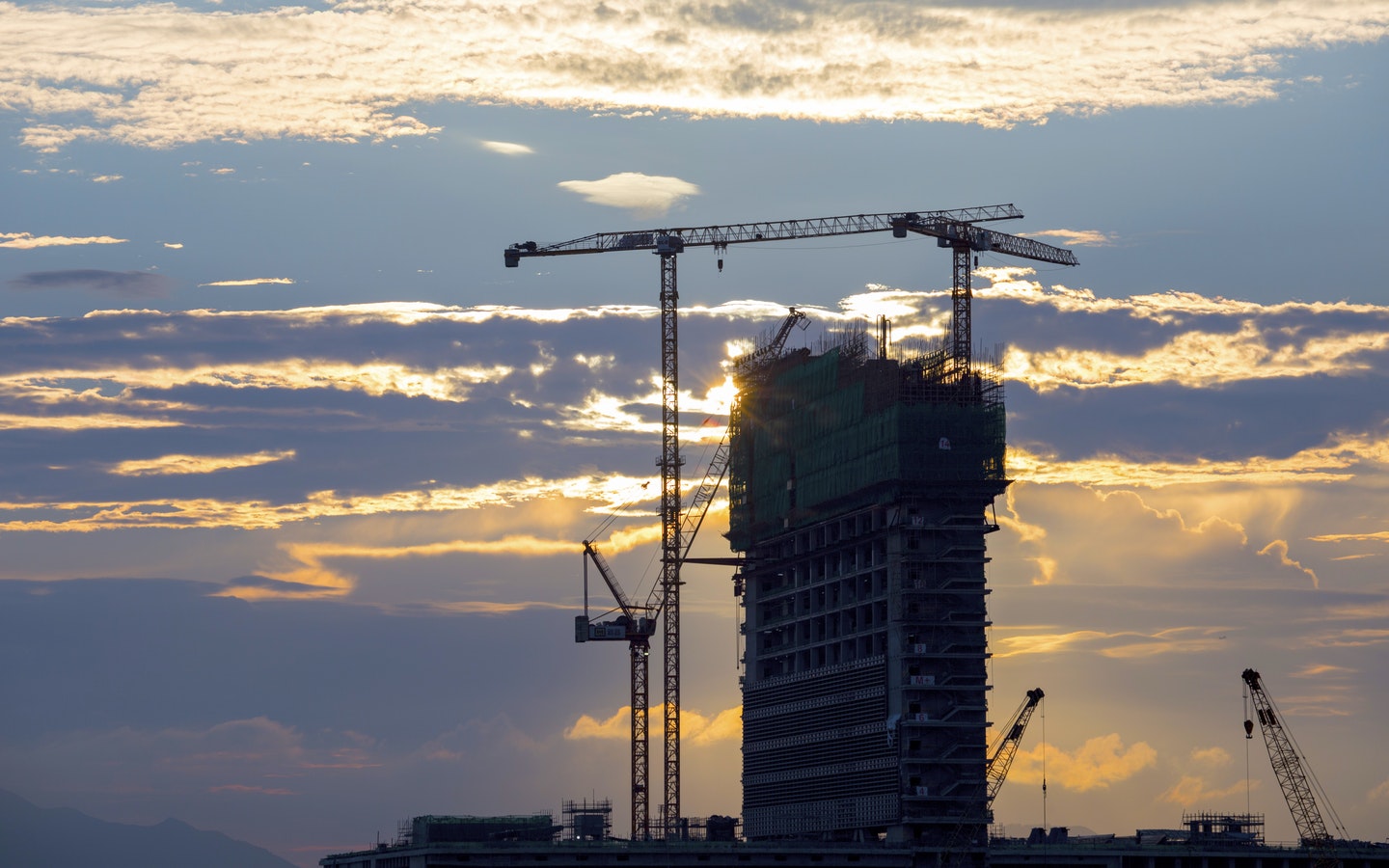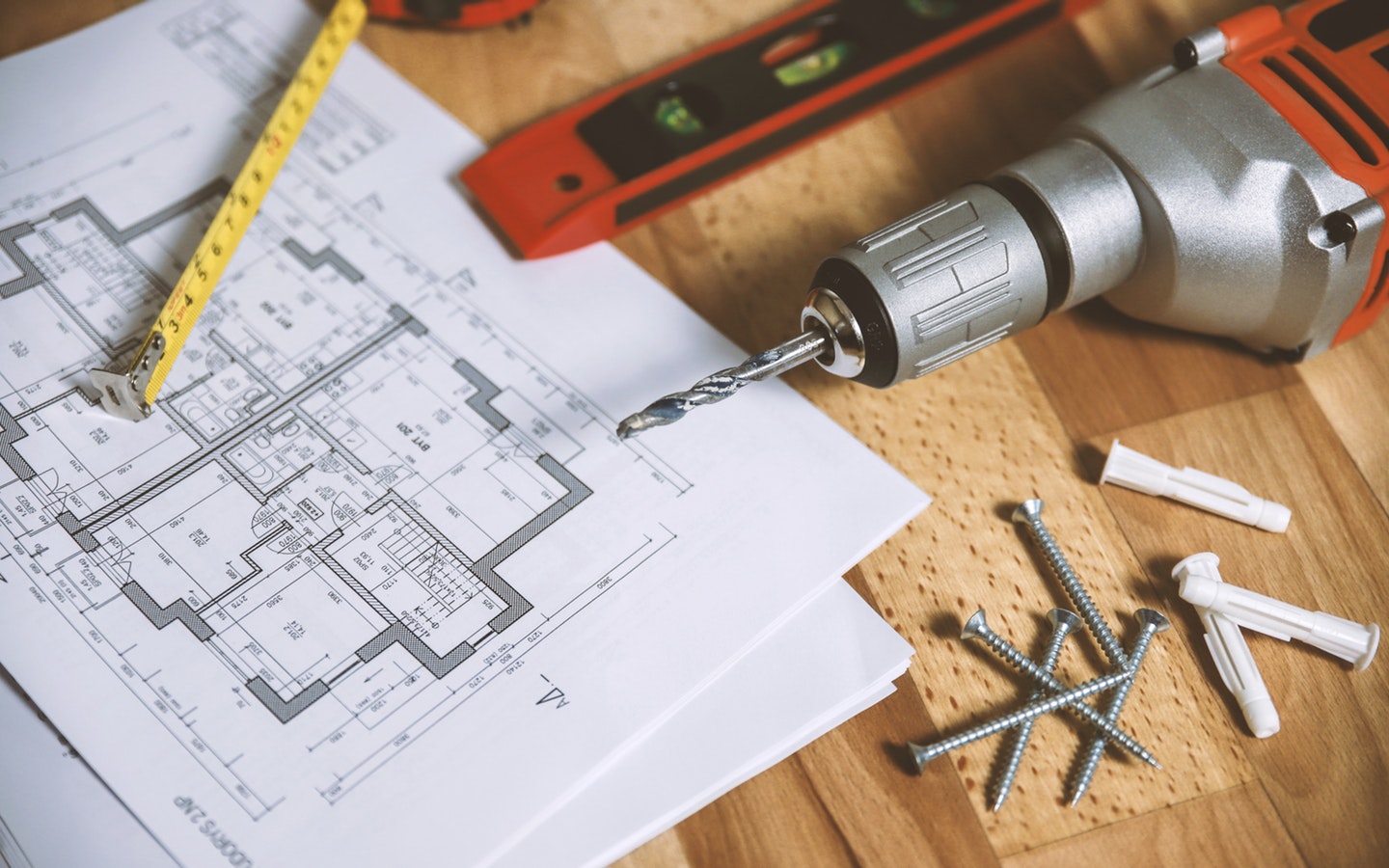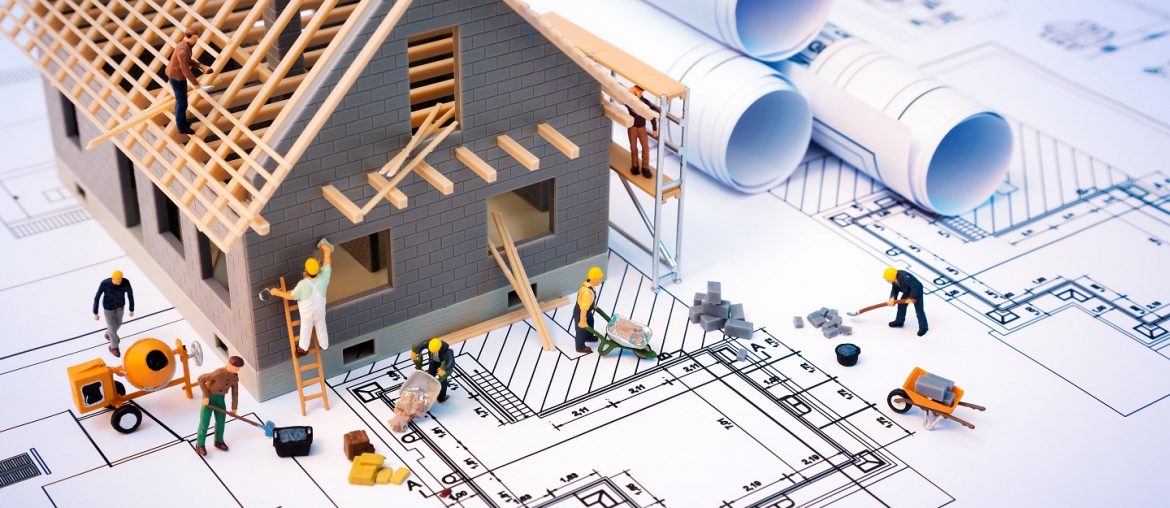Land is a purposeful investment. Unlike any other investment grade asset, it guarantees a high return over a certain period of time. Although the property itself is valuable, you can certainly make it increase the price of the property by creating other opportunities. One can be by constructing a building on the property. It also works great for preventing illegal land grabbing practices. But how would you know if your land is ready for construction? And even if the ground is ready, what other things should be considered before starting the construction project? Let’s take a look at some important factors to consider before construction.
Soil Condition

Undoubtedly, a soil test is the primary and one of the most important factors to consider before construction. This soil test will reveal the type of soil(s) in the property. Based on that, engineers will recommend a proper foundation method, which will ultimately create the structure of the building. Therefore, a soil test is the most important aspect while assessing a land.
There is a lot of variation on the load-bearing capabilities of different soils. Meaning when you place your foundation and the house on the soil it should be able to take the weight. If the soil’s bearing capacity is too low, you may need to have a special foundation designed by a qualified engineer. This could be a raft, piles or other options. An average two storey house has a bearing capacity of approximately 75 KN/m2. If the soil of your property doesn’t demonstrate such capacity, you can either wait for a few more years for the soil to be stronger or consult with engineers about further necessary steps.
Risks of Floods and Landslides

Obviously, not all the lands are on the same ground level. Even in a single construction project, ground level can vary. Hence, you need to consider the risks of flooding and landslides in the area. Based on that, you can decide to create a higher and stronger foundation in order to sustain the calamity. The best way to understand such risks is by looking into historical data of the particular location and figuring out the causes. If you are not an expert on such matters don’t worry. Professionals should know about such risks in different parts of the country.
Subsoil Drainage

Subsoil is the soil lying immediately beneath the visible surface. It can contain multiple water pockets and moisture that can severely affect your construction. Therefore, if the construction project land has a high moisture level, it is standard to drain out the excess water to improve ground stability. Based on your necessities and construction type, you can choose to drain the whole site or a particular part. This drainage process is only feasible up to a depth of 1.5 meters. For further groundwater controlling, you may need to take help of other methods. Usually, subsoil drainage is followed by the installation of a cut-off drain. The purpose of the cut-off drain is to intercept the flow of water and divert it away from the project site.
Proximity To Other Construction/ Excavation Projects

If your land is near other construction or excavation projects, you need to assess whether that project can affect your land. And if it does, then what measures can you take against it? This is also a determining factor of what type of building (residential/commercial) you can construct and how many storeys it can have. That’s why to ensure safety, the government segments residential and commercial areas and the proximity of different construction types is among other factors deciding the eligibility of your construction.
Approval of Concerned Authorities

Lastly, you must take approvals from of concerned authorities prior to starting the construction process. For both lease and freehold lands, you need to take permission from the authorities and approve your design for the project. Among other things they mainly check the feasibility of the design, approval of such buildings in that location and if you are maintaining the proper building codes not. For instance, there are several safety measures you need to incorporate in the plan. You also must have sufficient space around the property for light and airflow and must not disrupt the road and utility connections. Like these, concerned authorities will approve the construction. If your land doesn’t satisfy any of their guidelines, then you must resolve it by consulting professionals.
A good engineering team is essential for any construction as they oversee most of the work. Therefore, you should also concentrate on taking help from the right professionals who have good teamwork experience. Share your experience and insights on land developing and construction with us. Also if you have any property related queries, drop them in the comments section below!




